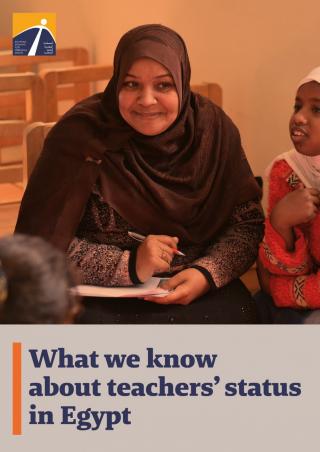The Egyptian Initiative for Personal Rights (EIPR) welcomes the ruling by the Court of Administrative Justice ruling to grant an imprisoned activist Mohamed Adel, former spokesperson for the April 6 Youth Movement,the right to take his postgr
Files: Right to Education
The Egyptian Initiative for Personal Rights (EIPR) rejects the cabinet-drafted amendments to the education law, which were referred to parliament just days before the end of the current parliamentary term, without serious societal dialogue or c
The Egyptian Initiative for Personal Rights (EIPR) calls on Interior Minister Major General Mahmoud Tawfik to enforce the law and allow political prisoner Mohamed Adel, the former spokesman for the April 6th Movement, to take his exams, which w
The Egyptian Initiative for Personal Rights (EIPR) calls on Public Prosecutor Mohamed Shawky to release both M.M. and A.M.
The International Day of Education is marked on January 24 every year. The Egyptian constitution recognizes education as one of the fundamental human rights.
The Egyptian Initiative for Personal Rights (EIPR) expressed its dismay at the decision issued on 26 November by the Administrative Court’s Justice Chamber of the State’s Council that rejected 19 of the petitions EIPR had filed against the Mini
Egypt is grappling with a significant crisis in the number of teachers and their poor salaries, whether those with permanent, temporary or freelance contracts. The shortage in the number of teachers in Egypt is estimated at tens of thousands. According to the current minister of education, Reda Hegazy, 20,000 teachers are needed annually to fill the deficit, while many teachers retire due to reaching retirement age.
On April 16th, the Administrative Court in Abbasiya will begin looking into 106 appeals submitted by the Egyptian Initiative for Personal Rights (EIPR) against the Minister of Education’s decision to disqualify teachers who passed appointment t




